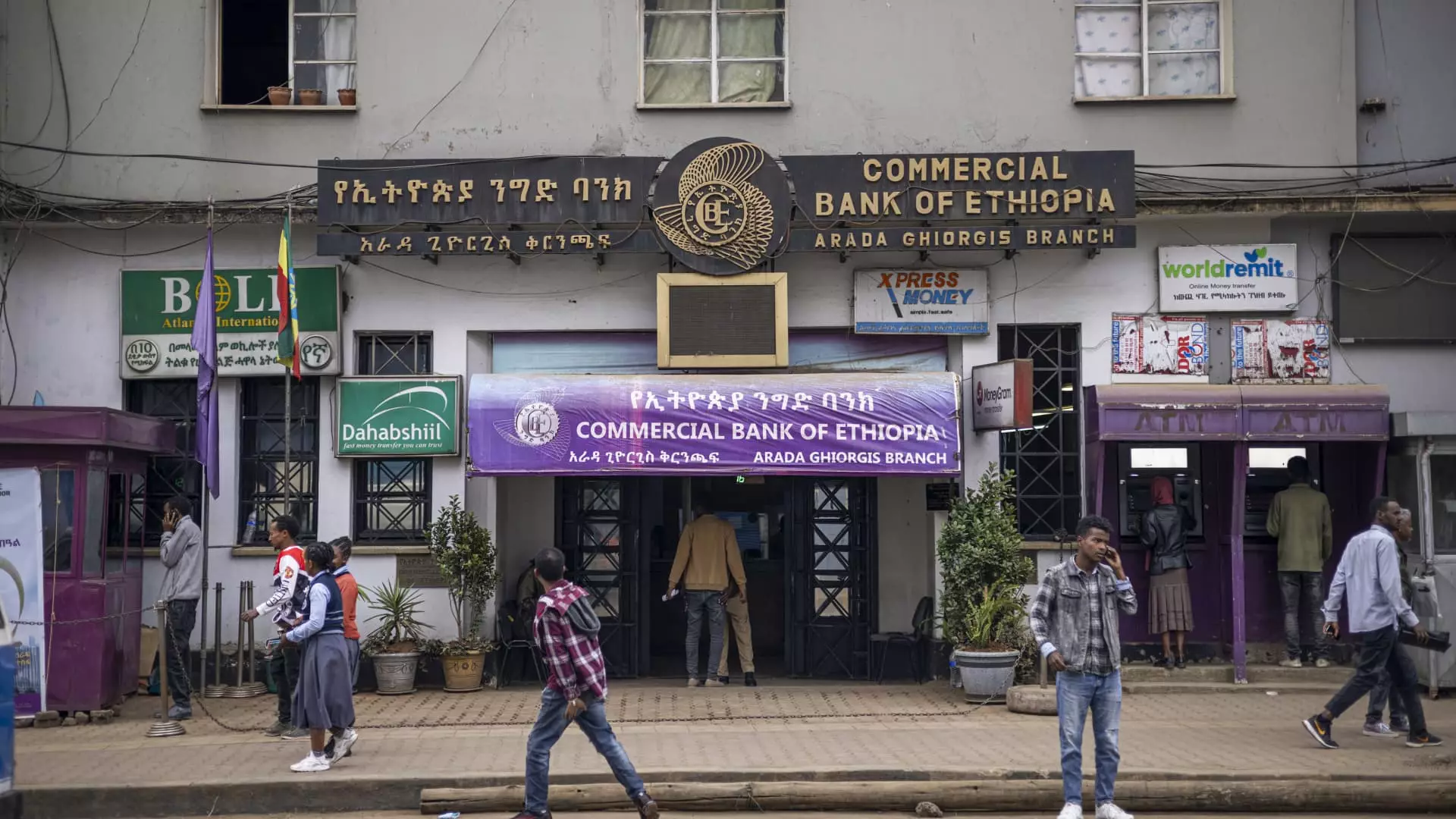Ethiopia’s largest bank, the state-owned Commercial Bank of Ethiopia, found itself in a huge predicament after a glitch over the weekend allowed customers to withdraw unlimited funds. Reports from local media indicated that more than $40 million was withdrawn or transferred to other banks, as customers exploited the system flaw and withdrew more funds than they had in their accounts. The chaotic situation led to transactions being halted several hours later, leaving the bank scrambling to recoup the lost millions.
Bank President Abie Sano revealed during a press conference that a significant portion of the cash was withdrawn by students. The BBC reported long lines forming at campus ATMs as students took advantage of the unintended generosity of the bank’s system. In response to the crisis, several universities encouraged students to return any excess cash they had withdrawn. Sano assured the public that those who voluntarily return the money will not face criminal prosecution, indicating a lenient approach to rectifying the situation.
In a post on social media platform X, the Commercial Bank of Ethiopia acknowledged the service interruption but vehemently denied allegations of a cyber attack being the cause. The bank assured customers that its ATM services were now “fully operational,” as per a translation. The central bank of Ethiopia, responsible for overseeing the country’s financial sector, issued a statement clarifying that the incident was a result of routine system security checks and not indicative of a threat to the bank, its customers, or the financial system as a whole.
The unprecedented glitch experienced by the Commercial Bank of Ethiopia serves as a stark reminder of the vulnerabilities present in even the most robust financial institutions. The incident highlights the importance of robust security protocols and continuous monitoring of systems to prevent such mishaps in the future. While the immediate aftermath may have been chaotic and costly, the bank’s response to the situation and the assurance of no legal consequences for those returning the excess funds demonstrate a commitment to transparency and accountability. As the bank works to recoup the lost millions and restore confidence in its services, it is crucial that lessons are learned and applied to prevent similar incidents from occurring in the future.

